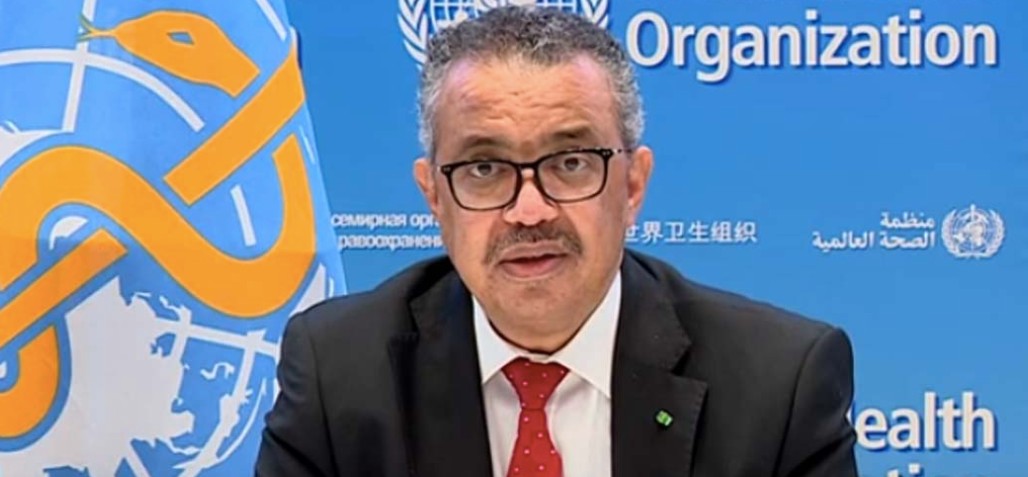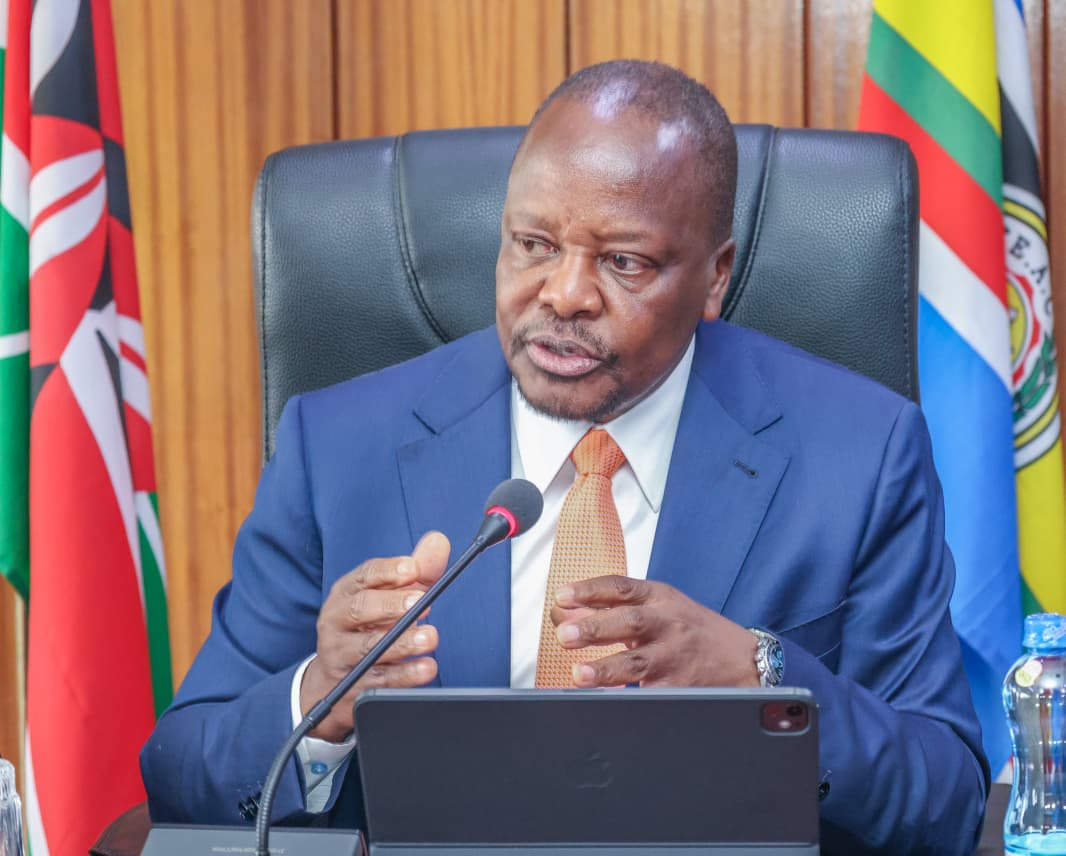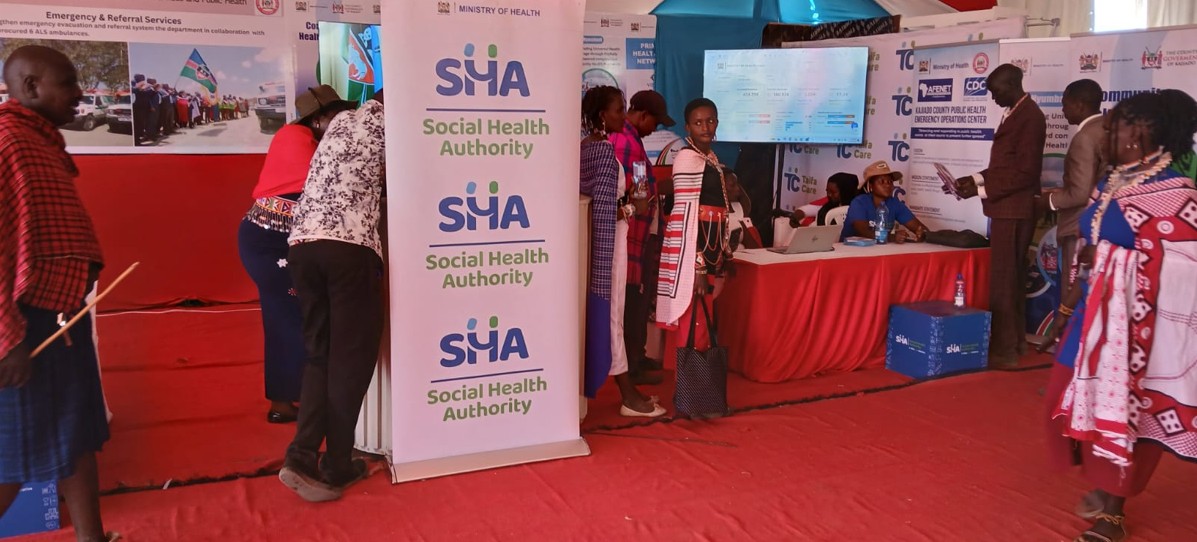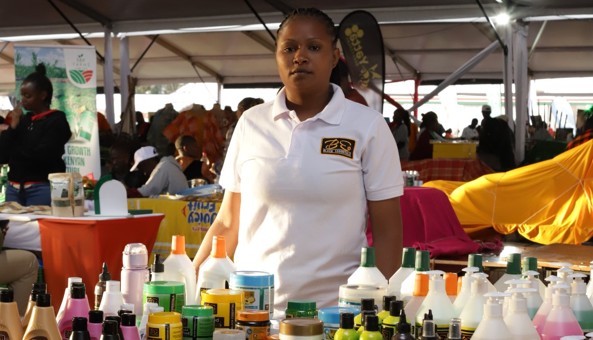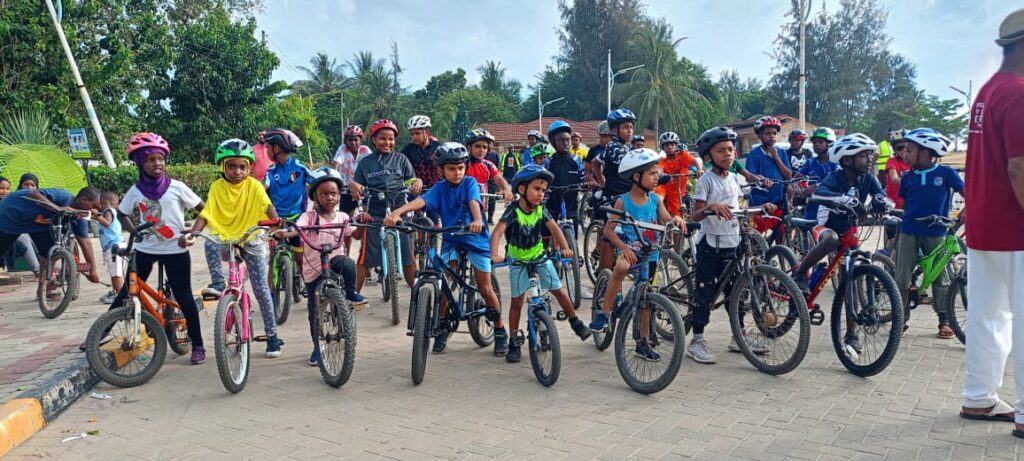Mining CS Joho confirms resumption of stalled works at Liwatoni Fisheries Complex after public outcry
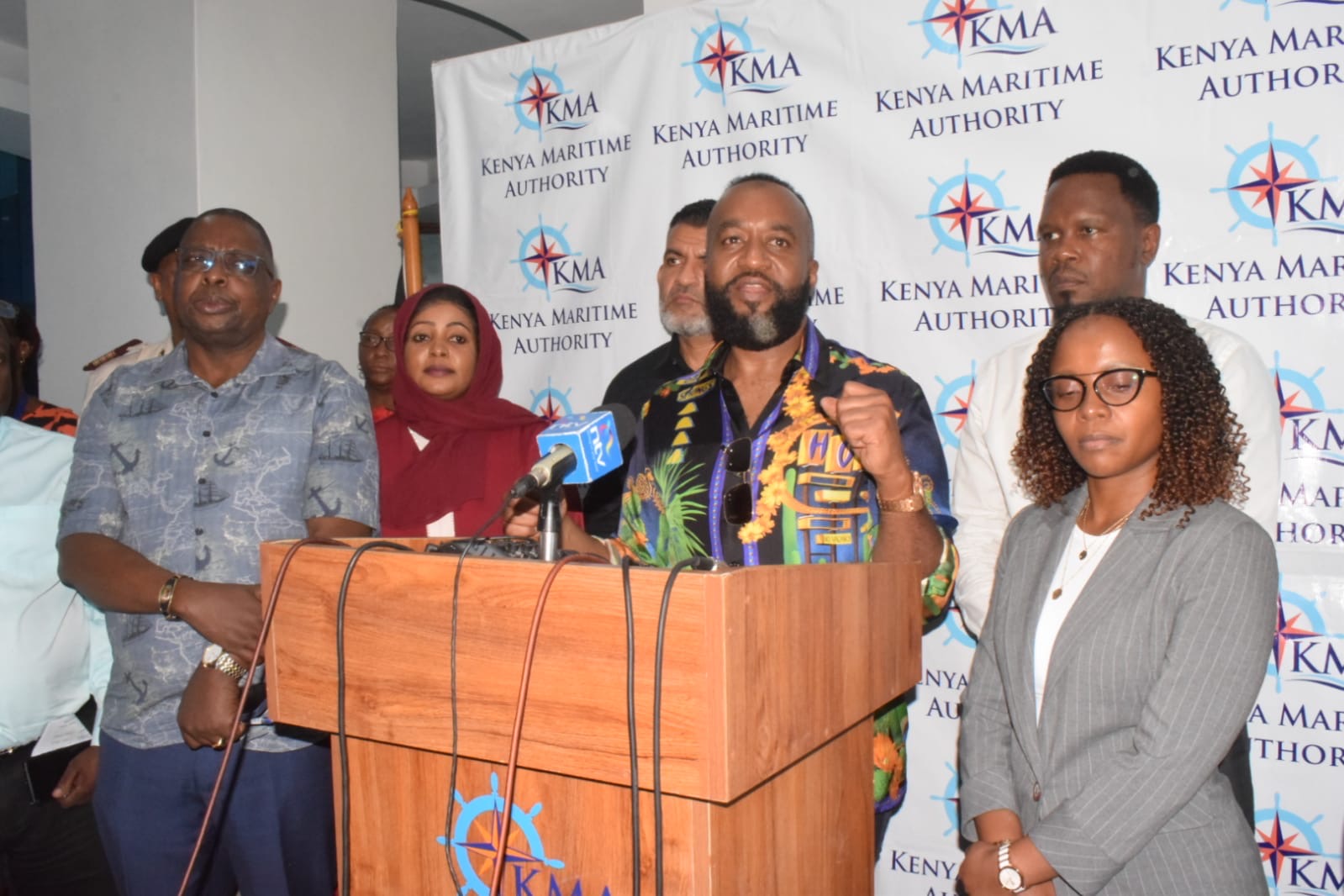
The government has set a deadline of eight to 12 months for the project's completion.
The long-awaited completion of the Liwatoni Fisheries Complex in Mombasa is finally set to become a reality, with new Mining and Blue Economy Cabinet Secretary Hassan Joho confirming that a contractor has been appointed to resume work on the stalled project.
The announcement comes after years of delays and growing concerns from residents regarding the project's uncertain future.
More To Read
- Joho asks court to dismiss petition challenging his suitability for public office
- CS Hassan Joho orders immediate closure of Simba Cement's mining operations in Kaloleni
- Boost for communities as Kwale unveils marine hatchery, seaweed centre
- Mining CS Hassan Joho urges police to stop arbitrary arrests of fishermen
- Joho issues fireworks safety guidelines for New Year celebrations
- Government shuts down illegal mining operations in Kilifi to curb revenue loss
Speaking at a press briefing, CS Joho assured the public that the contractor is expected to be on site within the next few days, with the government setting an ambitious deadline of eight to 12 months for the project's completion. "I want to say that last week, a contractor was found, and contracts have been made," said Joho.
"Within the next few days, we should have a contractor on site. We are hoping that within the next eight to 12 months, we should be able to open and commission the complex, making it fully operational for the benefit of this entire region."
The Liwatoni Fisheries Complex, which was initially launched in 2018, was envisioned as a cornerstone of the region's Blue Economy. However, the project has faced numerous setbacks, ranging from financial constraints to logistical challenges, leaving many to question whether it would ever be completed. Joho's announcement has rekindled hope that the complex will soon become a vital asset for the local fishing community and the broader economy.
In addition to addressing the progress of the Liwatoni project, Joho also touched on broader issues affecting the Blue Economy sector.
Illegal occupation
During a Monday morning meeting with the County Commissioner and county government officials, the Cabinet Secretary discussed the need to address the illegal occupation of landing sites by individuals who have constructed buildings on public land meant for fishermen.
"For those who have grabbed our landing sites, if you have built a house on these lands, start demolishing it slowly. If you have built on land you know belongs to the fishermen, start relocating. From Kiunga to Lunga Lunga, start demolishing and moving. Our fishermen must have sustainable programmes that enable them to move forward. It is crucial that when someone comes with their boat, they have a place to dock, unload their fish, process it, and then get it into the market,” CS Joho warned.
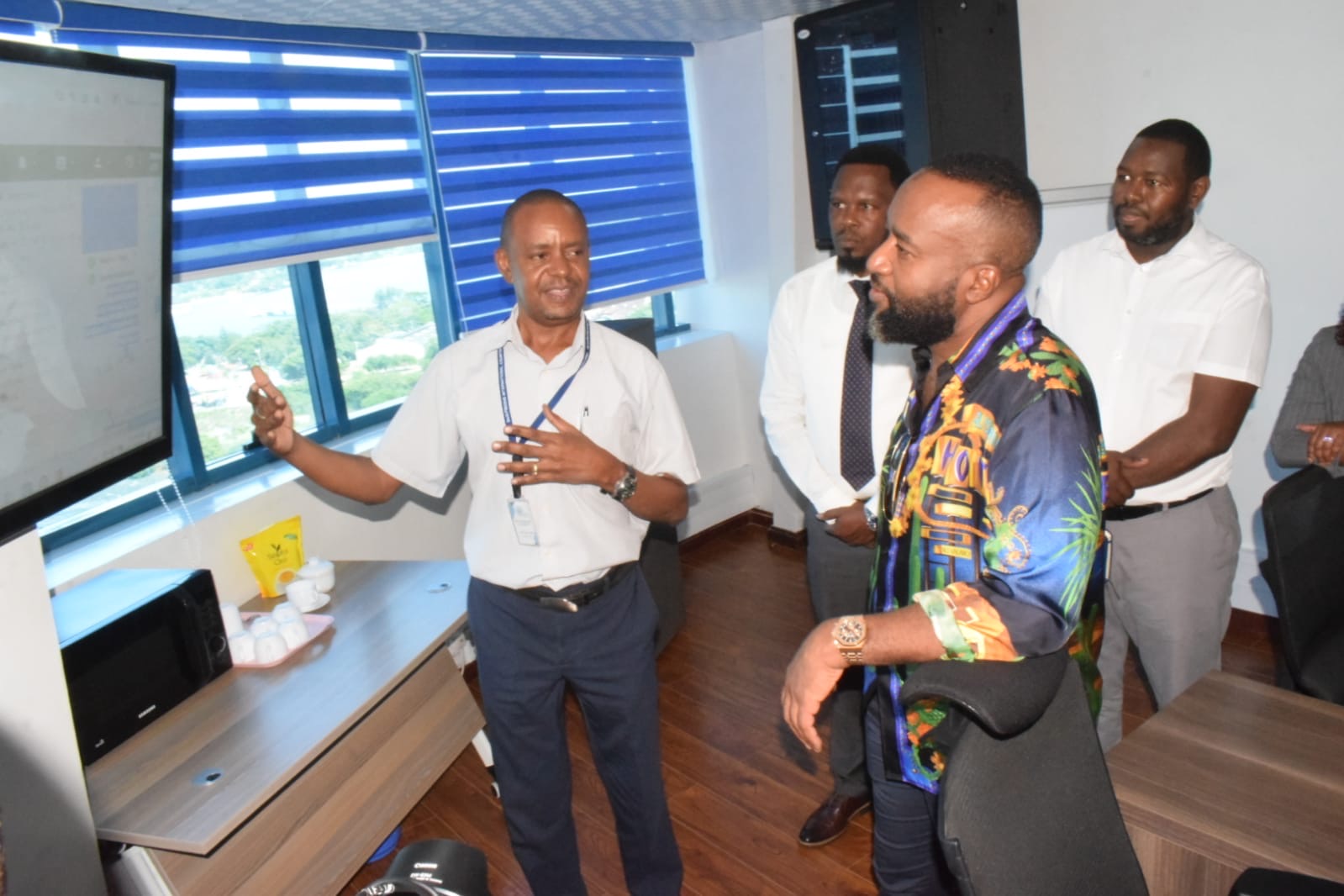 Mining and Blue Economy CS Hassan Joho during his visit to the Kenya Maritime Authority on August 19, 2024. (Photo: Farhiya Hussein)
Mining and Blue Economy CS Hassan Joho during his visit to the Kenya Maritime Authority on August 19, 2024. (Photo: Farhiya Hussein)
CS Joho highlighted the importance of securing and restoring the 46 landing sites in Mombasa County, as well as others in Kilifi, Kwale, Lamu, and Tana River counties.
He emphasised that legal notices would be issued to those occupying these public lands, signalling the government's commitment to reclaiming them for their intended use.
The Cabinet Secretary also visited the Port of Mombasa, where he discussed the need for better verification of minerals being exported from Kenya. "We do not want anyone to declare something that it is not, and for us to be unaware," Joho stated.
"This requires specific expertise, and KRA or other agencies are not properly equipped to do that. So, we have engaged KPA to bring in experts on mining to ensure that we can accurately assess which minerals are being exported and whether the country is getting the right value for money. This is very critical, we do not want to lose even one cent of public money."
Kenyan seafarers' challenges
At the Kenya Maritime Authority (KMA), Joho discussed various issues, including the need to address challenges faced by Kenyan seafarers.
One of the biggest challenges, he noted, is that many trained seafarers struggle to find employment because they lack the necessary "sea time" experience.
“One big challenge is that people are trained, but then they struggle to find jobs because they do not have access to what we call sea time," said Joho.
"It is a huge challenge. I have even asked the Governor of Mombasa, and we will also engage other coastal governors, to develop a plan. Governor Abdulswamad Nassir has said he will work with the Kenya Shipyards to build vessels that can be directed to our institutions within ministries, so that we can find common ground and work together, like an internship programme. When someone finishes class, they can get on a vessel and gain sea time. The basic requirement for them to progress is just about ten days of sea time."
Joho stressed the need for different government partners, including the Ministry of Education's Department of TVET (Technical and Vocational Education and Training), to collaborate in addressing the unemployment crisis among young people. "There is no reason whatsoever that these government bodies cannot work together to help our citizens," Joho asserted, adding, “The biggest problem right now is the issue of unemployment. If there is anyone in our ministry who does not think about changing the way we provide access to training so that our young people can get jobs, I will not see eye to eye with them. We are here to direct, we do not want excuses. Within a week, they should develop a framework with TVET to broaden the spaces for training."
Joho also addressed the issue of ship scrapping, expressing his support for the development of a comprehensive programme to manage vessels that have reached the end of their operational lives. "This is a conversation that is close to my heart because I know it can transform our way of doing things within this country," Joho said.
"When a ship reaches the end of its life, it must be scrapped. The reason we are pushing for this is that the owners of the vessels are the ones who do repairs at their own cost and then leave the scrap metal in the country. This should contribute immensely to the steel industry, which will, in turn, drive down the price of steel."
Joho noted that the ministry is heavily invested in technology to monitor activities within the Indian Ocean.
He assured the public that more patrol boats would be deployed to enforce regulations and prevent illegal fishing, emphasising that the ministry's technological advancements would play a crucial role in safeguarding the nation's marine resources.
"We are working closely with the Coast Guard and other security agencies to ensure illegal fishing stops. I can assure you that the ministry has made great strides in terms of technology to monitor activities within the Indian Ocean. If we allow people to use our resources without benefiting as a country, we will have failed,” he said.
Top Stories Today







